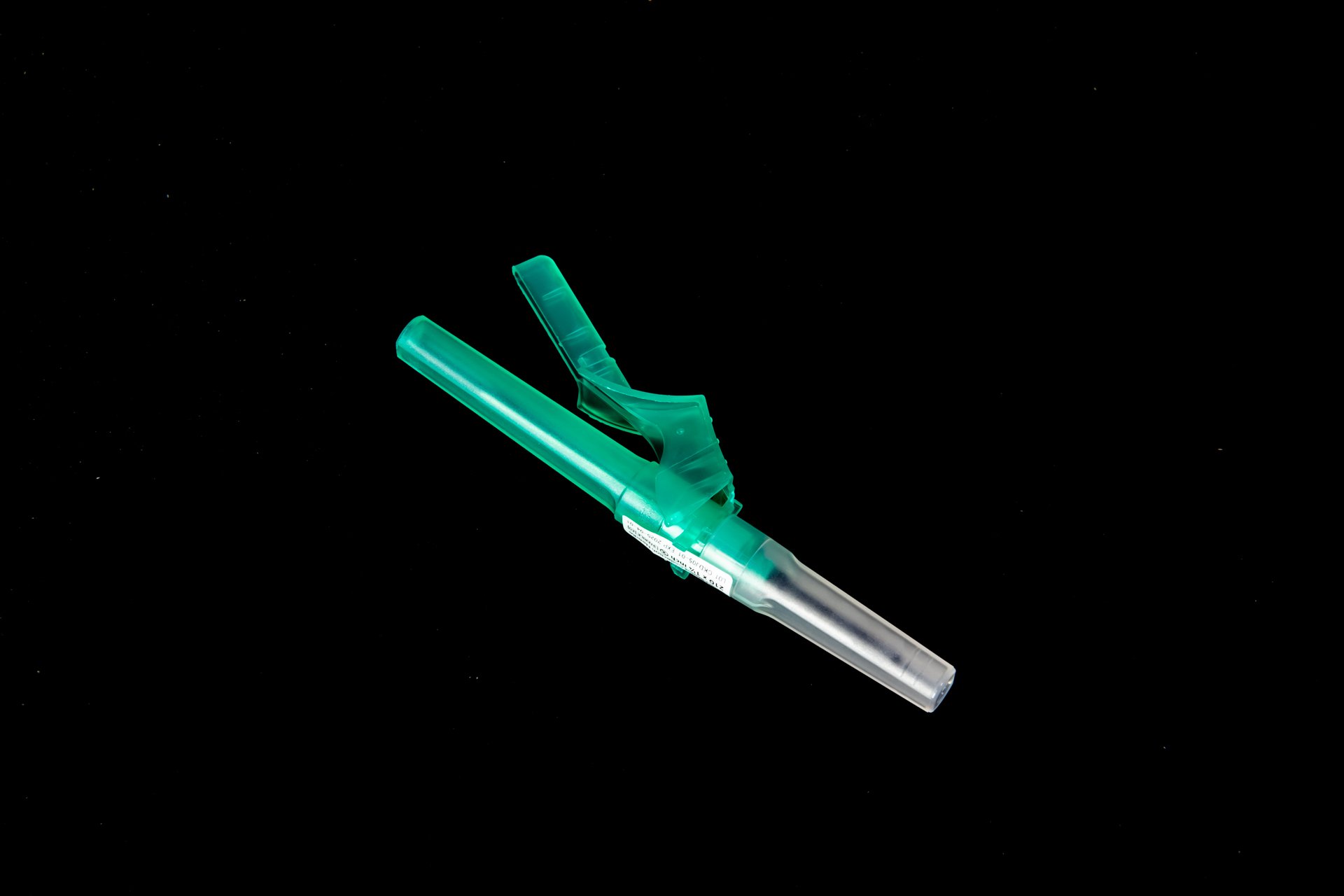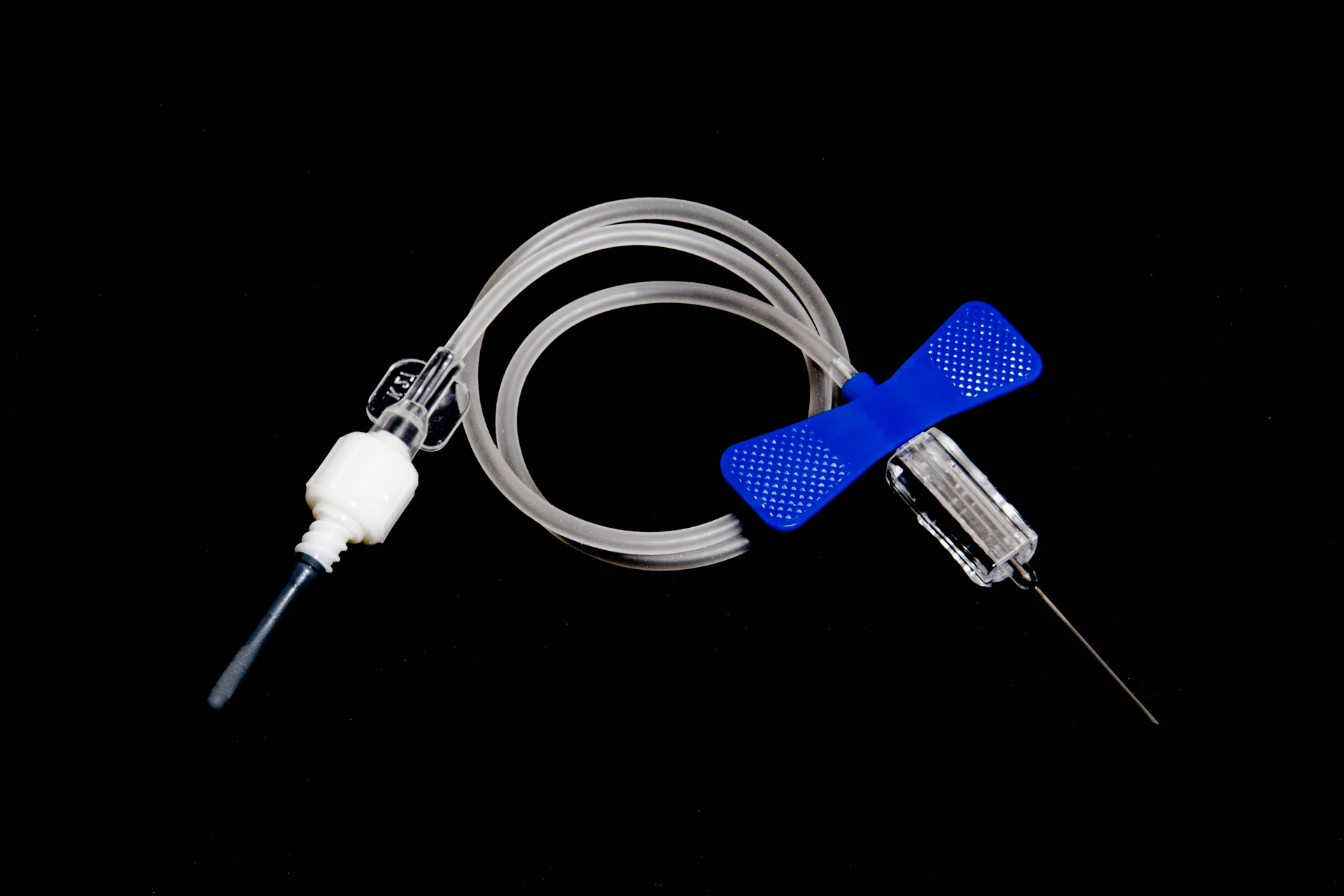How To Deal With Needle Recall
Needle recall can be a stressful and confusing situation for many individuals. Whether you are a healthcare professional or a consumer, learning that needles you have been using are being recalled can be alarming. However, it is important to remain calm and take the necessary steps to ensure your safety and the safety of others. In this article, we will discuss how to deal with needle recall and provide helpful tips to guide you through this process.
Understanding Needle Recall
Needle recall occurs when a manufacturer or regulatory agency determines that a batch of needles is defective or poses a potential risk to users. The recall is initiated to prevent harm and protect individuals who may be using the affected needles. Common reasons for needle recall include mislabeling, contamination, or needle breakage.
Types of Needle Recall
Class I Recall: This is the most serious type of recall and indicates that using the product may cause serious health consequences or death.
Class II Recall: This type of recall is initiated when using the product may cause temporary or medically reversible adverse health consequences.
Class III Recall: This type of recall is the least serious and indicates that using the product is unlikely to cause adverse health consequences.
Steps to Take When Dealing with Needle Recall
1. Check the Recall Notice
When you become aware of a needle recall, the first step is to check the recall notice for information about the affected product. The notice will provide details on the reason for the recall, batch numbers, expiration dates, and any recommended actions to take.
2. Stop Using the Needles
If you discover that you have the affected needles in your possession, it is important to stop using them immediately. Continuing to use recalled needles can pose a serious risk to your health and the health of others.
3. Contact the Manufacturer or Retailer
Once you have identified that you have the recalled needles, contact the manufacturer or retailer from whom you purchased the product. They will be able to provide you with further instructions on how to return the needles and receive a refund or replacement.
4. Dispose of the Needles Properly
When disposing of the recalled needles, it is important to follow proper procedures to ensure that they do not pose a risk to others. Contact your local waste disposal facility or follow the manufacturer's instructions for safe disposal.
Tips for Dealing with Needle Recall
1. Stay Informed
Keep up-to-date on news and alerts regarding needle recalls by following reputable sources such as the FDA or CDC. Being informed will help you take the necessary precautions to protect yourself and others.
2. Check Your Supplies Regularly
Regularly inspect your needle supplies for any signs of damage or defects. If you notice anything unusual, contact the manufacturer or retailer for guidance.
3. Consider Alternatives
If you are unable to use the recalled needles, consider alternative options such as using a different brand or type of needle. Consult with a healthcare professional for recommendations on safe alternatives.
Conclusion
Dealing with needle recall can be a challenging situation, but it is important to take the necessary steps to protect yourself and others. By staying informed, taking prompt action, and following proper disposal procedures, you can effectively manage the situation and prevent any potential harm. Remember to always prioritize safety when dealing with recalls and seek guidance from healthcare professionals or regulatory agencies when needed.
Disclaimer: The content provided on this blog is for informational purposes only, reflecting the personal opinions and insights of the author(s) on phlebotomy practices and healthcare. The information provided should not be used for diagnosing or treating a health problem or disease, and those seeking personal medical advice should consult with a licensed physician. Always seek the advice of your doctor or other qualified health provider regarding a medical condition. Never disregard professional medical advice or delay in seeking it because of something you have read on this website. If you think you may have a medical emergency, call 911 or go to the nearest emergency room immediately. No physician-patient relationship is created by this web site or its use. No contributors to this web site make any representations, express or implied, with respect to the information provided herein or to its use. While we strive to share accurate and up-to-date information, we cannot guarantee the completeness, reliability, or accuracy of the content. The blog may also include links to external websites and resources for the convenience of our readers. Please note that linking to other sites does not imply endorsement of their content, practices, or services by us. Readers should use their discretion and judgment while exploring any external links and resources mentioned on this blog.



